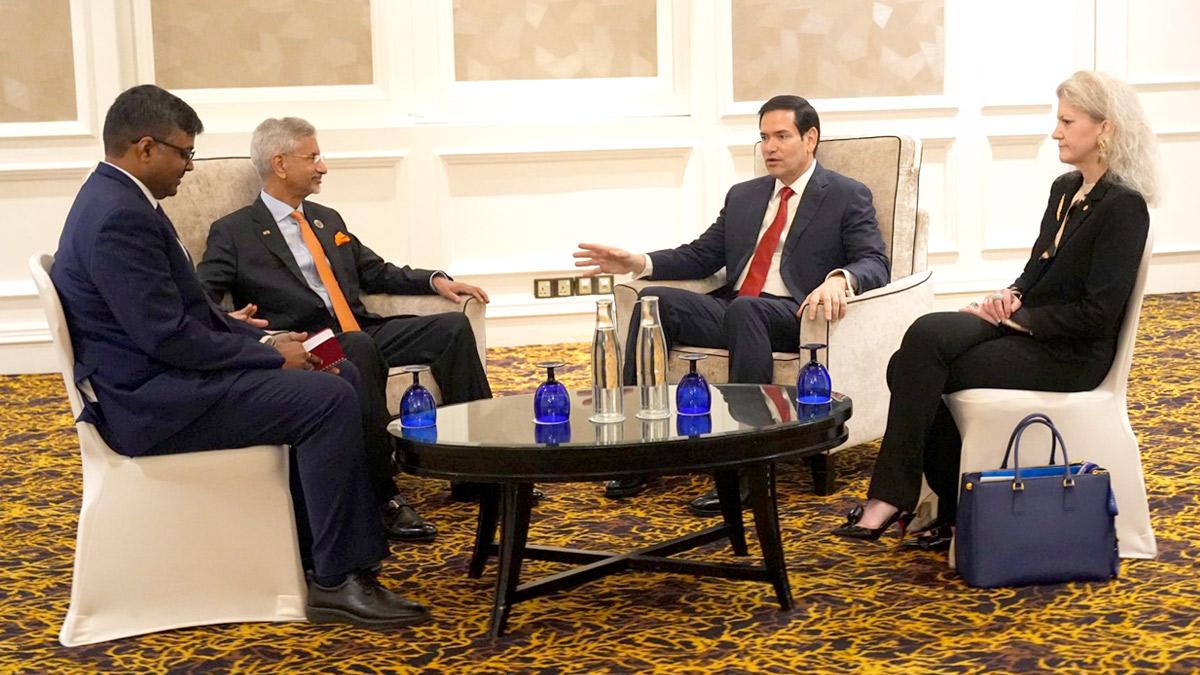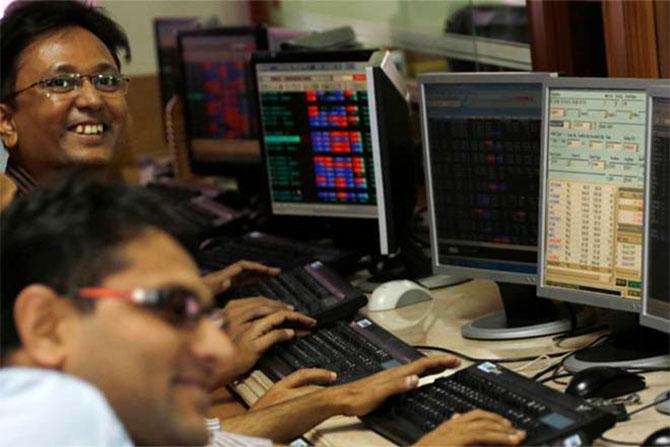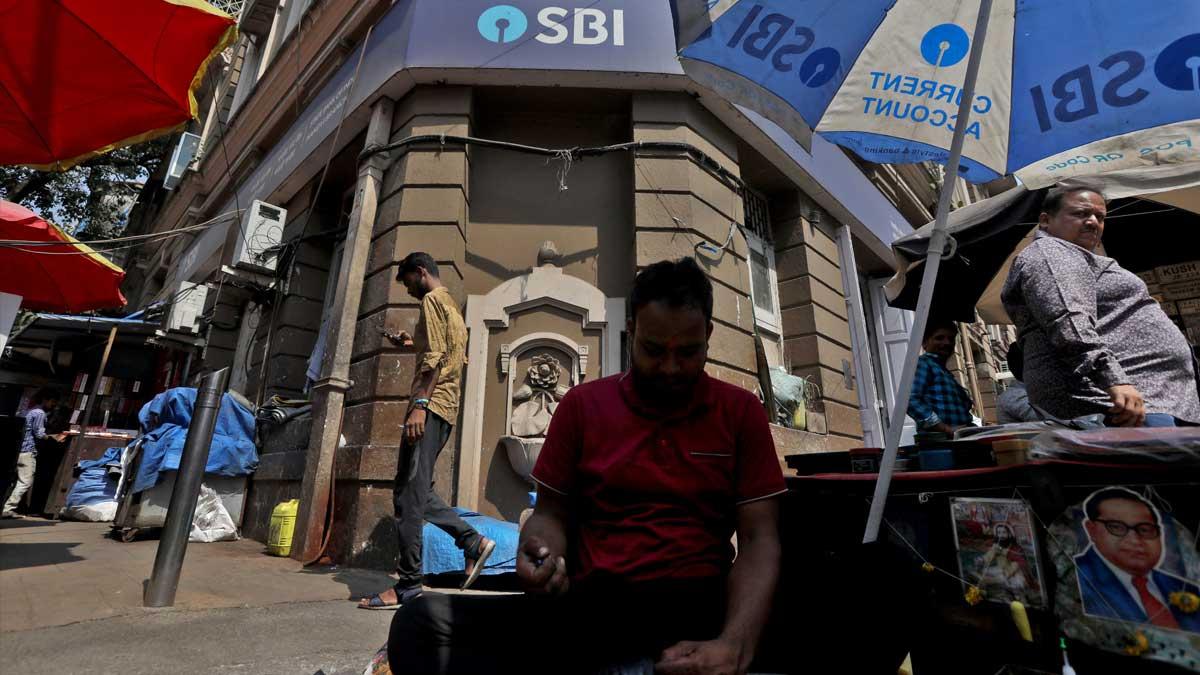‘What we are willing to do is definitely going to depend on what the Indian government wants to do.’

IMAGE: External Affairs Minister Dr Subrahmanyam Jaishankar meets US Secretary of State Marco Rubio in Kuala Lumpur, October 27, 2025. Photograph: SJaishankar/X
The United States is reluctant to grant India a tariff advantage by lowering the current 25 per cent ‘reciprocal tariff’ under a proposed trade deal to below the levels applied to regional competitors such as Pakistan (19 per cent), Bangladesh (20 per cent) and Indonesia (19 per cent), given India’s current market liberalisation offer.
“We are dealing with each country on its own terms. What we are willing to do is definitely going to depend on what the Indian government wants to do. Can India provide zero tariff on all American products? Do you realistically think that’s going to happen? It will be great but I don’t think that will happen,” a US official said, requesting anonymity.
New Delhi’s reluctance to open up its dairy and agricultural markets has been a key stumbling block in trade talks, while Washington has been pushing for market access in soybean, corn and dairy products.
India is seeking a 15 per cent tariff under a trade deal with the US, looking to make its labour-intensive exports more competitive in the US compared with its Asian peers. The issue remains a major point of contention in efforts to conclude a trade deal by November.
Indian negotiators, led by Commerce Secretary Rajesh Agrawal, were in Washington to resolve the remaining differences.
Indonesia, which agreed to reduce tariffs from 32 per cent to 19 per cent under a deal with the US, eliminated barriers on more than 99 per cent of American exports across all sectors, including agricultural goods, health products, seafood, information and communications technology, automotive products and chemicals.
The White House said in July the agreement would ‘create commercially meaningful market access opportunities for the full range of US exports, supporting high-quality American jobs’.
Last week, US President Donald Trump claimed that Indian Prime Minister Narendra Modi had assured him New Delhi would gradually stop purchasing Russian oil. The ministry of external affairs responded that the country’s energy import policies are guided entirely by the interests of Indian consumers, without explicitly denying Trump’s statement. Later, MEA Spokesperson Randhir Jaiswal told reporters that the two leaders had not held a phone conversation, as Trump had suggested.
In August, the US imposed a 25 per cent reciprocal tariff and an additional 25 per cent duty on India over its purchase of Russian oil, bringing the cumulative tariff to 50 per cent. Washington has made assurances from India to halt Russian oil purchases a precondition for concluding the proposed trade deal.
Agrawal said India was seeking a ‘win-win solution’ for both sides in the talks, including on tariffs, with New Delhi also keen to almost double its current energy imports from the US, which stand at around $12 billion to $13 billion.
In September — the first full month in which Indian goods faced Washington’s 50 per cent tariff on most products — exports to the US fell 20.3 per cent to $5.5 billion, marking the fourth consecutive monthly decline.




